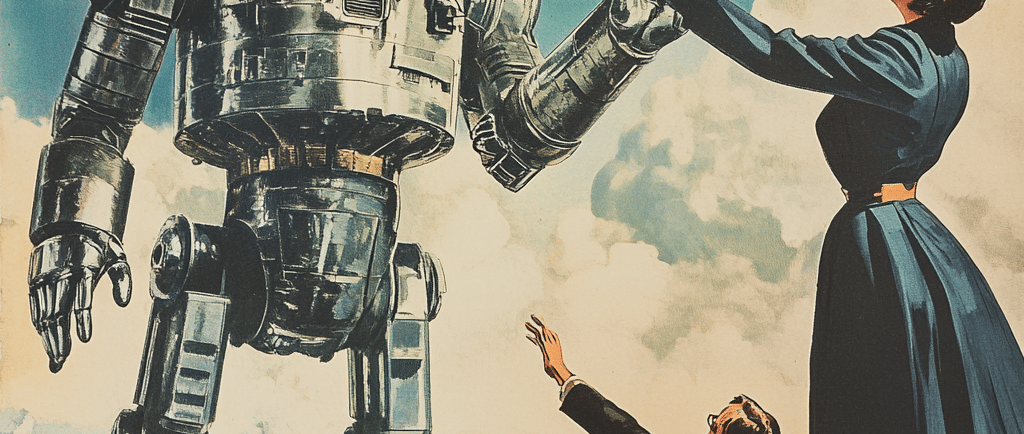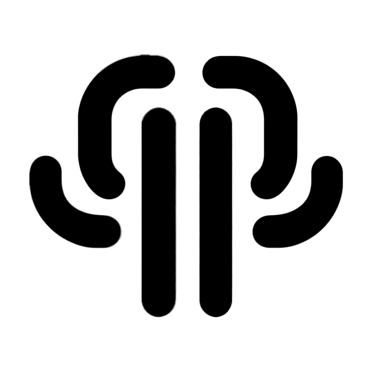Global AI Accord Signed
Nations agree to AI safety and ethical usage regulations.
TIMELINE


I remember the first time I stumbled upon a news article about artificial intelligence. I was sitting in a café, watching the world rush by, people glued to their phones, engaged in conversations or lost in their own thoughts. The headline caught my eye: “AI Will Transform Our Lives.” At that moment, I felt a thrilling mix of excitement and anxiety. Would we be the masters of this powerful technology, or would it master us?
Reflecting on the recent signing of the Global AI Accord, I find myself weighing the significance of this moment in our collective history. Nations have come together to agree on the ethics and safe usage of artificial intelligence—a huge leap toward a future I’ve often contemplated. But why do I care? What draws me so deeply to this subject is not just the technology itself, but the promises and perils it brings to our daily lives. I see it as a mirror reflecting our values, fears, and aspirations as a global community.
As I delve into the implications of the accord, it strikes me that we are just at the beginning of this monumental journey. We’re creating frameworks that govern not only the technology but also the kind of society we wish to nurture. AI is not a distant, abstract concept—it’s influencing everything from healthcare to entertainment, from transportation to education. If handled responsibly, it could enhance our lives in ways we’ve yet to imagine, making decisions based on rich datasets that provide insights we might overlook. But the opposite is equally true; unchecked, it could exacerbate inequalities and privacy concerns while shaping decisions in ways that lack accountability.
What does this mean for us, the everyday individuals grappling with the very real consequences of AI’s entanglement in our lives? I think about the future generations who will inherit this technology—will they admire us for laying down the groundwork for a responsible digital age, or will they criticize us for being shortsighted? My heart races at the thought of being an architect of a future where ethical AI not only protects our rights but also empowers our creativity and fosters genuine connection. Yet, I can’t shake off an undercurrent of worry. What about the voices that may not be heard in these grand discussions? Are we truly capturing a diverse range of perspectives, or are we allowing a few influential players to steer the ship?
In pondering these questions, I find solace in the notion that this accord is more than just a document; it’s a living, breathing dialogue that must evolve over time. I hold onto the hope that this is a moment of unity, a chance to cultivate a culture of responsibility and inclusivity around AI. But I also recognize the uncertainty looming ahead. How do we balance innovation with morality in an age where the pace of change is accelerating faster than our ability to fully grasp its implications?
As I sip my coffee, I feel a sense of urgency mixed with cautious optimism. This moment invites us to reflect on our values and to engage in conversations that shape our technological landscape. After all, it’s not just about regulating machines; it’s about defining the essence of what it means to be human in a world entwined with AI. I can’t help but wonder: Are we ready to embrace the responsibilities that come with our technological dreams, or are we merely standing on the brink of a reality that eludes our grasp?
